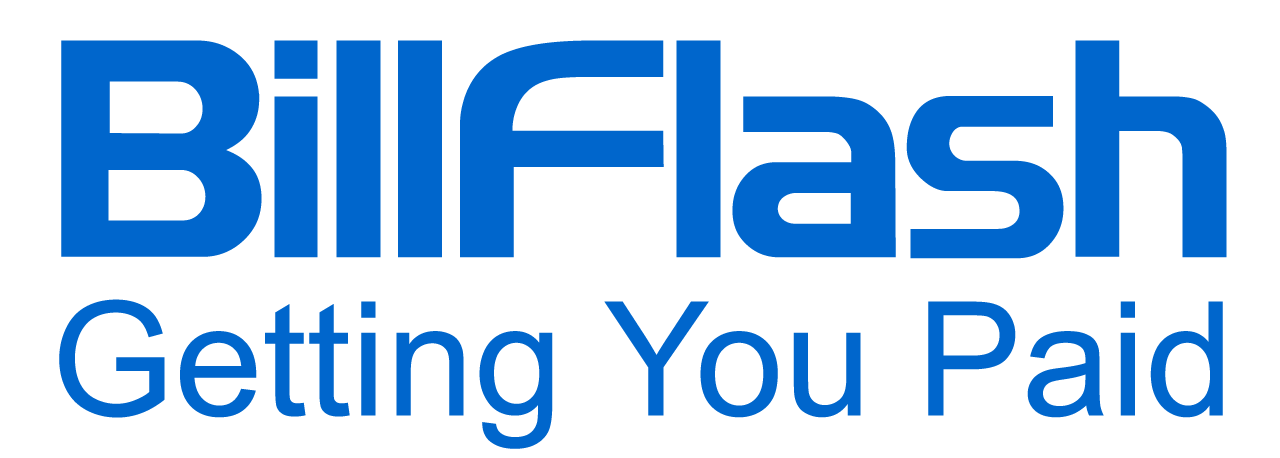The healthcare industry is changing fast, and your medical billing software needs to evolve with your practice. While there are many options, how do you choose the software that will work best for you and your team? Let's look at several factors you should consider when choosing medical billing software for your practice.
1. The software should be easy to implement and use.
When choosing medical billing software, ask yourself: How easy is it for me to set up? How easy is it for me to train my staff? Is there an easy way to add new features quickly? When I have onboarding questions, what resources are available to assist? These are all questions that should be answered before you make any decisions about what kind of billing system would work best in your practice.
2. The billing application should offer the right features for your unique needs.
When choosing medical billing software for your practice, consider the most critical functions in your day-to-day operations. What features would streamline your workflows? Here are some factors to consider:
- Does the software integrate with your existing practice management software? How easy is it to import patient files?
- What billing features does it offer? For example, do you have the flexibility to set up automatic payment plans? Can you store a user's payment method? Can you automatically schedule payments?
- Does the platform offer multiple ways to notify patients of financial obligations? For instance, mailed statements and electronic notifications via text and email?
- Does the system make it easy for patients to pay? Is there an online payment portal patients can access? Does the system also offer payment processing?
- Does the medical billing software provide detailed reports and analytics? Can these be easily filtered to report on key performance metrics for your practice? For example, can you easily view days in A/R?
- What kind of customer support does the software provide? You want to be able to reach someone if you have questions or problems with the software, not just an FAQ page on their website.
3. The software should integrate with other applications your staff use frequently.
Avoid headaches by ensuring the medical billing software integrates with the systems your team already uses daily. For instance, ensuring the medical billing software integrates with your existing EMR or practice management software will streamline your processes and the platforms your staff needs to switch between. Integration also ensures that data only needs to be inputted in one location versus many, which can save time and reduce errors.

Another consideration is if the billing application can offer additional solutions that will consolidate vendor management and save your practice money. For instance, the medical billing software may provide other necessary services in the patient billing lifecycle in addition to patient statements, such as payment processing services, collection services, or even RCM services.
4. The company should offer excellent customer service.
Nothing is more frustrating than running into a software issue and having nowhere to turn for help. When choosing medical billing software, it's essential to make sure that the company offers excellent customer service and tech support. This may include:
- Online tutorials
- Knowledge base articles
- Live chat
- Phone support
- Email support with a response time of no more than 24 hours, ideally less than 12 hours

If you need to know if your provider will offer these things, ask them before signing up for their services. Inquire about average response times, working hours, the experience of tech specialists, and available communication channels.
5. The billing software must be HIPAA compliant.
Medical billing applications deal with the sensitive collection and storage of patient data and must comply with the Health Insurance Portability and Accountability Act (HIPAA). Therefore, the system should offer security mechanisms such as data encryption, rule-based permissions, access control, and auto logoff to avoid violations and penalties. Always verify with your provider to confirm the security measures they offer.
6. The company should be reliable and trustworthy.
When choosing a medical billing software vendor, it's crucial to choose a reliable and trustworthy company. Make sure they have a good reputation in the industry; if they are well-known, you can research their legitimacy by checking out public reviews of their services, or asking for references from existing users.
Reputability often comes with experience in the industry; ensure the medical billing software company has been doing business for at least five years and is open about how long they've been in business. You may also research licensing information provided by state agencies to ensure there aren't any legal issues preventing them from providing high-quality services in areas such as patient privacy laws or fraud prevention measures.
7. Pricing and ROI
The investment in medical billing software also needs to make sense from an ROI perspective.
The average cost of mailing a single patient statement in-house is $2.53. This includes the current postage rate of $0.60, the average cost of print and mail supplies of $0.30, and an assumed labor cost of $1.63 (calculated based on $10/hr + 25% benefits x time spent).
Medical billing software to print and mail patient statements professionally can provide financial savings and significant time savings—no more manually printing statements, validating addresses, folding statements, stuffing and sealing envelopes, applying postage, scheduling pickups, etc. Remember, your time is also money! What other valuable tasks could your staff accomplish with a more efficient billing process?

If the medical billing software also offers electronic billing notifications, you'll save even more time—and decrease the average days to receiving payment. Industry data suggests pairing electronic billing notifications with the reliability of mailed statements can reduce the average days to payment from 20 to 9.
BillFlash Can Help You Get the Most Out of Your Billing System
Choosing medical billing software can be a daunting process, but it doesn't have to be. If you're looking for a solution that grows with your practice and can help you improve in every area of financial management, look no further than BillFlash.
BillFlash is a cloud-based SaaS designed by billing experts for billing experts. BillFlash was created to provide medical practices and utility billers with end-to-end financial solutions for every step in the billing, payment, and collections process. Discover how BillFlash can help you improve your process efficiencies and increase your practice's cash flow. Schedule a demo today!

